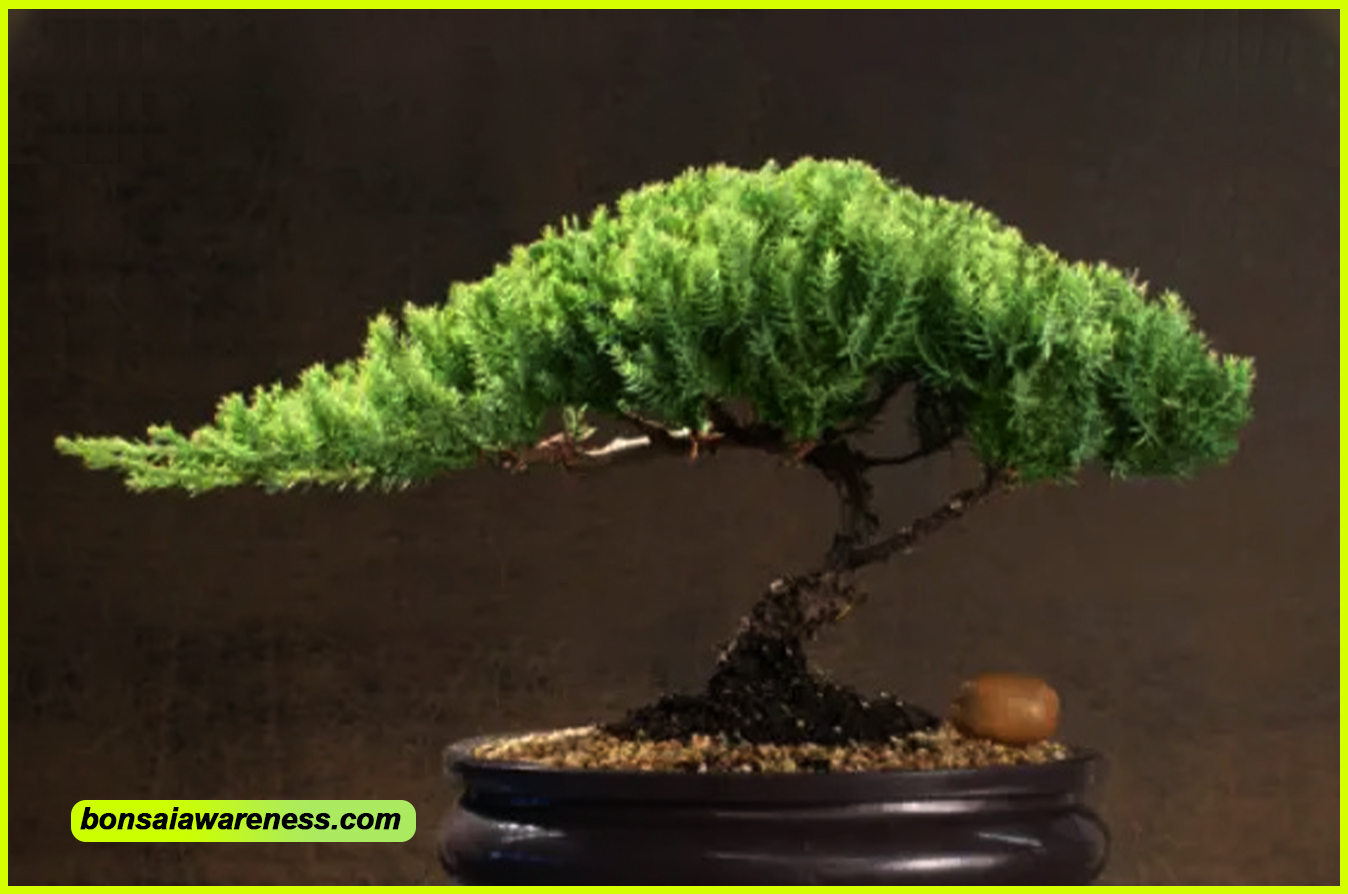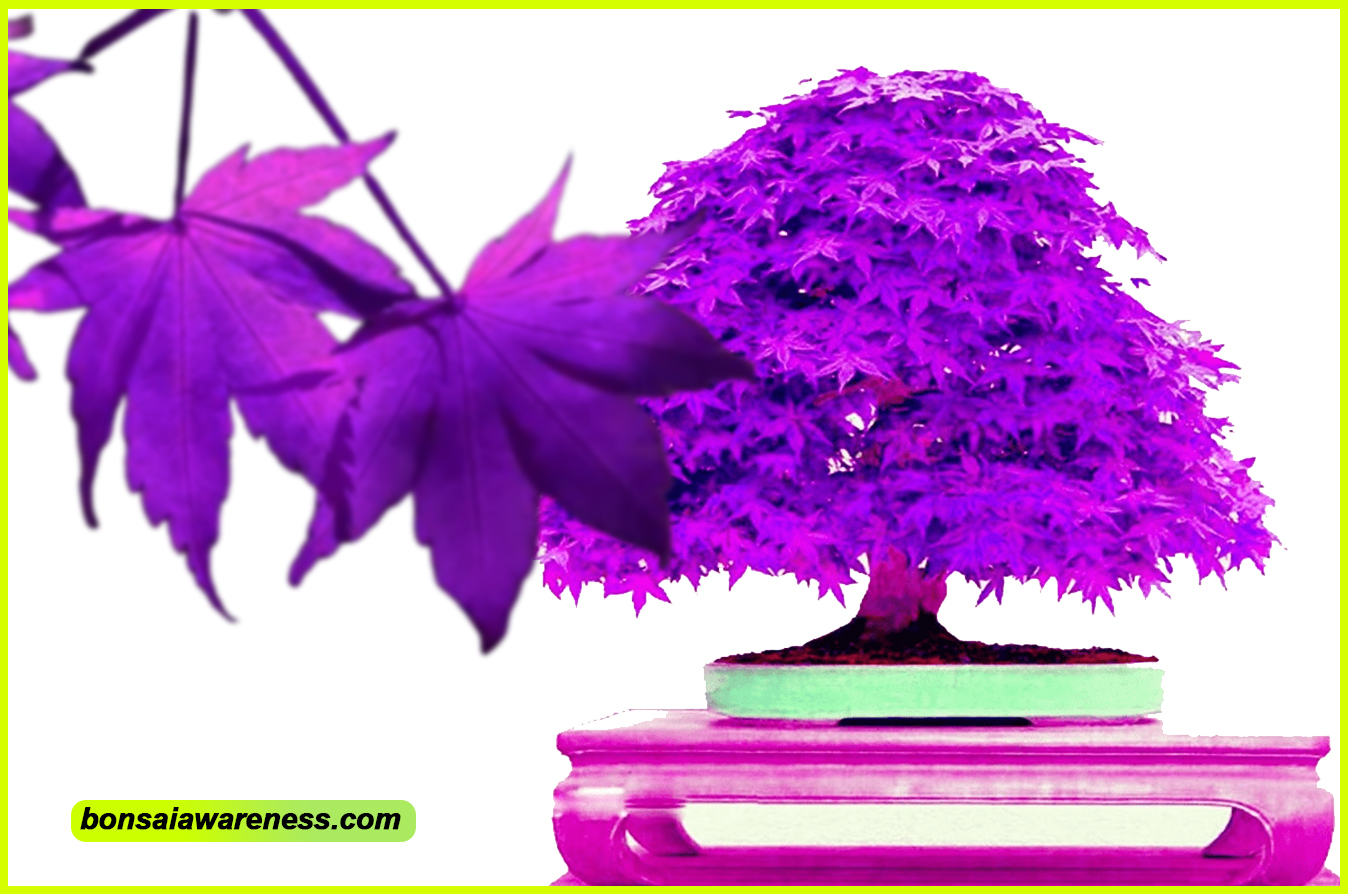Bonsai trees require regular, controlled watering to thrive and maintain their health. Bonsai trees, a popular and revered form of art in Japanese culture, require specific care and attention to flourish.
One key aspect of maintaining their health is ensuring they receive adequate water. Bonsai trees should be watered regularly, but not excessively, as overwatering can lead to root rot and other health issues. The frequency and amount of water needed will vary depending on factors such as the type of tree, its size, the potting soil composition, and the surrounding environment.
Limited drainage is another important consideration, as excess water should be able to escape to prevent waterlogged conditions. By providing the right amount of water at the right time, bonsai enthusiasts can help their miniature trees thrive for years to come.
1. The Importance Of Water For Bonsai Trees
Understanding the Role of Water in Bonsai Care:
Water is essential for the health and survival of bonsai trees. Just like any other plant, bonsai trees need water to grow, thrive, and maintain their overall well-being. Proper watering plays a crucial role in maintaining the delicate balance within the bonsai ecosystem.
Bonsai trees have different water requirements based on factors such as species, climate, potting medium, and size. It is important to thoroughly understand the specific water needs of your bonsai tree to provide optimal care.
Watering Schedule for Bonsai Trees:
The watering schedule for bonsai trees depends on various factors, including the season, weather conditions, and the moisture level of the root system. As a general guideline, it is recommended to water bonsai trees when the top layer of the soil feels slightly dry to the touch.
Overwatering or underwatering can have detrimental effects on bonsai trees. Each watering session should aim to fully saturate the root ball while allowing for proper drainage. Monitoring the moisture level and adjusting the watering frequency accordingly will help prevent issues such as root rot or dehydration.
2. Signs Of Underwatering And Overwatering Bonsai Trees
Underwatering and overwatering can be detrimental to the health of bonsai trees. It is important to recognize the symptoms of both conditions to ensure proper care and maintenance.
Recognizing The Symptoms Of Underwatering
Underwatering usually occurs when the bonsai tree does not receive enough water to sustain its growth. Signs of underwatering include wilting leaves, yellowing or browning of the foliage, and dry soil. The soil may feel dry to the touch and may even pull away from the edges of the pot.
Identifying The Signs Of Overwatering
Overwatering, on the other hand, happens when the roots of the bonsai tree are constantly submerged in water, leading to root rot and other issues. Symptoms of overwatering include yellowing or drooping leaves, mold or fungus growth on the soil surface, and a foul smell coming from the pot.
By understanding the signs of underwatering and overwatering, bonsai enthusiasts can provide the right amount of water to their trees, ensuring their long-term health and beauty.
3. Proper Watering Techniques For Bonsai Trees
Proper watering techniques are crucial for the health and vitality of bonsai trees. Choosing the right watering tools ensures the right amount of water reaches the roots without causing damage. For beginners, it is recommended to use a watering can or a specialized bonsai watering wand. These tools provide gentle and controlled watering.
Watering techniques vary depending on the type of bonsai tree. Conifers, such as pine and juniper, prefer a drier environment, so water should be applied sparingly. Deciduous trees, on the other hand, require more frequent watering, especially during the growing season.
It’s important to note that each tree has its own specific watering needs, determined by factors such as species, size, and soil composition. So, it’s advisable to research and understand the watering requirements of your specific bonsai tree to provide the appropriate care.
4. Factors Affecting Bonsai Tree Water Needs
Bonsai trees require proper watering to thrive. Factors affecting their water needs include environmental conditions such as temperature and humidity. Each bonsai tree species and its size also impacts the watering frequency. Environmental factors like sunlight exposure can influence the tree’s water requirements. Additionally, different bonsai tree species have unique needs that should be considered when watering. Larger bonsai trees typically demand more water due to their increased size. Understanding these factors is crucial for maintaining the optimal health of bonsai trees.
5. Additional Tips For Maintaining Healthy Bonsai Trees
Bonsai trees require regular watering to maintain their health and vigor. It is crucial to monitor the soil moisture and water the tree when the top layer of soil feels dry to the touch. Additionally, controlling the humidity around the bonsai tree can help in maintaining its health. Fertilizing and watering the bonsai tree in a balanced manner is also essential to ensure its proper growth. Rainwater can be used as an alternative to regular tap water, as it contains beneficial nutrients for the bonsai tree.
Frequently Asked Questions Of Do Bonsai Trees Need Water
How Often Do Bonsai Trees Need To Be Watered?
Bonsai trees require regular watering to maintain their health and vitality. Typically, they need to be watered when the top inch of soil feels dry. It’s important to check the moisture levels regularly and adjust the frequency accordingly. Avoid overwatering as it can lead to root rot.
How Long Can Bonsai Go Without Water?
Bonsai can typically survive without water for up to 4 days, but it’s crucial to avoid drought stress. Regular watering is essential to maintain the health and vitality of the bonsai.
Do Bonsai Need Direct Sunlight?
Bonsai need direct sunlight for their growth with about 4-6 hours a day. Direct sunlight is essential for photosynthesis, the process that provides energy to the plant. Place your bonsai near a window that receives ample sunlight or use artificial grow lights to provide the necessary light.
Should You Spray Water On Bonsai Trees?
Yes, you can spray water on bonsai trees. It helps to keep them hydrated and maintain their health. Moderate spraying in the morning or evening is recommended, avoiding direct sunlight. Just make sure not to overwater them, as it can lead to root rot.
Conclusion
To keep your bonsai trees healthy and thriving, proper watering is crucial. Understanding the specific needs of your bonsai, such as the type of tree and its environment, will help you determine the right watering schedule. Remember to water your bonsai thoroughly and allow the soil to dry slightly between waterings.
By caring for your bonsai’s hydration needs, you are ensuring its longevity and beauty.


Leave a Reply